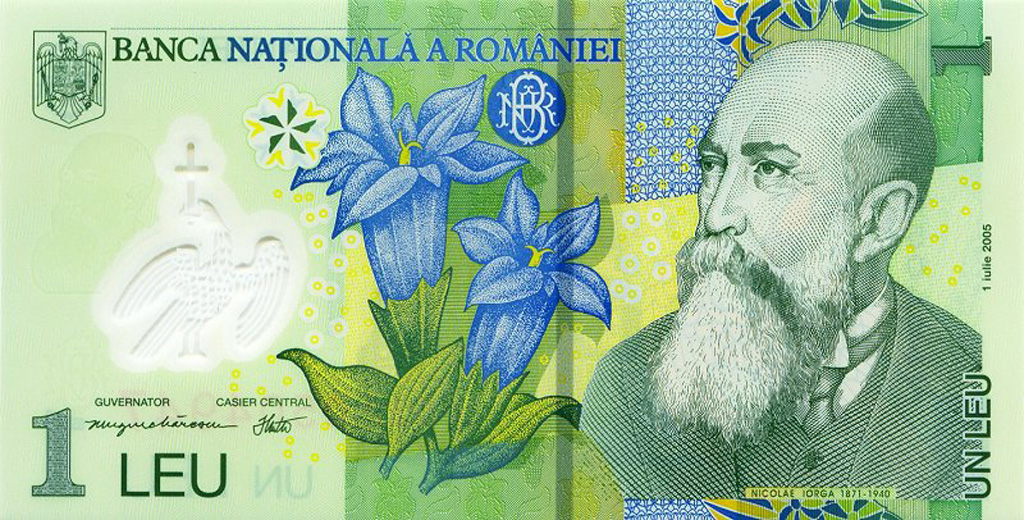 BUDAPEST/BUCHAREST: The leu posted its biggest daily loss in almost two months on Tuesday after Romania reported a rise in its inflation and trade deficit, which is unlikely to trigger central bank action.
BUDAPEST/BUCHAREST: The leu posted its biggest daily loss in almost two months on Tuesday after Romania reported a rise in its inflation and trade deficit, which is unlikely to trigger central bank action.
The outlook is blurred by expected changes to new taxes on sectors including banks launched this year, which have knocked down Romanian asset prices and risk a credit rating outlook downgrade from Standard & Poor's.
The leu, well underperforming other Central European currencies, shed a third of a percent against the euro, trading at 4.7635 at 1454 GMT. It earlier touched its weakest level in six weeks at 4.7697.
It also set a 5-week low against the zloty.
The Polish and Romanian central banks have the same inflation targets of 1.5-3.5 percent, but Poland's inflation has been running below the range, while Romania's own rate rose above it in February, to 3.8 percent.
Romania's trade deficit, meanwhile, widened by more than 60 percent on the year in January to 1.259 billion euros ($1.42 billion), fuelled by a rise in the consumption of imported goods.
The tax on bank assets has complicated monetary policy because it has been linked to interbank rates (ROBOR).
"With inflationary pressures persisting, economic growth slowing, and NBR (central bank) policy flexibility on rates still limited by the bank levy level linked to ROBOR, the central bank dilemma is only getting worse," ING analysts said in a note.
"The NBR is likely to accept a weaker leu and short-term inflation overshooting its target, perhaps even at the cost of its credibility, as currency vulnerabilities are on the rise."
The leu could remain under pressure from an expected slowdown in economic growth, Romania's widening current account and budget deficits and political uncertainty, Commerzbank analysts said in a note. Romanian government bond yields jumped.
Romanian 5-year bond yields were around 4.14 percent, up 10 basis points, while the corresponding Polish yield was steady at 2.22 percent.

















Comments
Comments are closed.